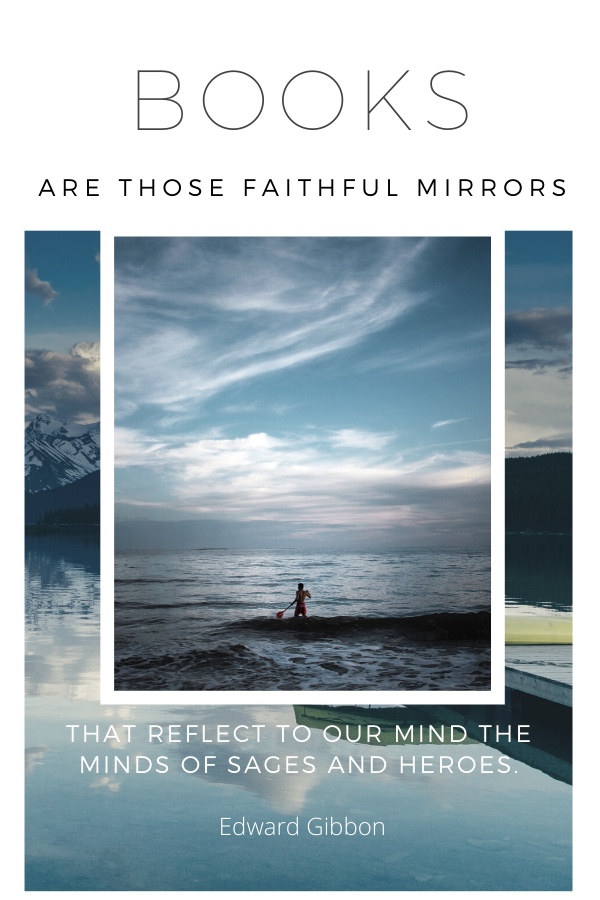Genre Reveal
As promised, I will tell you what genre I’m writing in, but first a story.
Teddy growled into the darkness. He was lying about 15 feet away from me staring intently through the window into the treed backyard. Teddy is a big lovable Golden Retriever who doesn’t feel the need to use his voice often. So on that particular day, his deep growl got my attention.
He sensed danger…
No-one but the two of us were home. Spooked, I reached for my coffee. Another growl. I was glad it wasn’t midnight. Everything is scarier at night, but this was 6 in the morning. The neighborhood was starting to stir and the first flush of daylight was just several hours away.
Still, a feeling of unease prickled at my neck
And I didn’t want to leave the safety of my chair to explore. As the caffeine trickled into my brain, I detected a pattern. Every time I lifted my coffee, Teddy stared intently towards the window and growled. I lifted my coffee. Growl. Again. Growl. Laughing, I waved my arms. Teddy turned towards me with a sheepish look on his face.
Stories. Even dogs create them.
We begin to create a story every time we say, ‘what if…’ or ‘I wonder what would happen…’ Have you ever looked out the window to see your neighbor doing something strange and you create this crazy narrative in your head to explain it? No? Are you sure? Our imagination can be our worst enemy or our greatest friend.
Occam’s Razor
In everyday life, I need to keep Occam’s Razor close by in order to keep my conspiracy theories and imagination in check. If you haven’t read about Occam’s Razor, you can read my post Occam’s Razor and the Mysterious Intruder. It’s a problem solving principle. A heuristic or rule of thumb that helps us ‘shave’ off unlikely explanations. Removing the stubble that hazes judgement. But those conspiracies are really handy when it comes to writing fiction. In that case, Occam’s Razor be-gone!
The Genre
So the story series I’m writing at the moment is… Big breath… Science Fiction. I know, I surprised myself as well, but there’s a reason. Science Fiction and Fantasy is a huge category that covers a lot of topics.
Some of my favorite books are in this genre
- A Wrinkle in Time by Madeleine L’Engle ( fantasy sci fi)
- Frankenstein by Mary Shelley
- The Dispossessed by Ursula K. Le Guin
- Handmaid’s Tale by Margaret Atwood
- 1984 by George Orwell
- Animal Farm by George Orwell
- Divergent Series by Veronica Roth
- Hunger Games by Suzanne Collins
- The Time Traveler’s Wife by Audrey Niffenegger
I won’t list them all. Science Fiction is the perfect genre to conduct thought experiments. Fiction is both a mirror and a window on our world. It allows us to look at elements in the human experience or in society at large and ask the question, what would it look like if…
Thought Experiments
Exploring all the ‘what ifs’. For the last two years, I’ve been trying to write a historical novel. One that I intend to return to, but as you know from last week’s post, I was struggling. Over the summer, I read a book by Mark Manson titled, ‘Everything is F*cked: A Book About Hope’. Title aside, the book was thought provoking and the last chapters were particularly provocative because he gave a different perspective on the whole debate surrounding super intelligence.
We live in a world filled with Artificial Intelligence

Unless you deliberately shut everything down and melt into the deep, dark woods, and live completely off-grid, with no outside contact, your life is impacted by AI. Whether it’s your smart phone, smart T.V., smart fridge, or your Roomba, there’s no escape. 2014 saw the advent of the first AI that could learn independently of a programmer. That’s 6 years ago.
Where are we now?
There isn’t consensus on how quickly super intelligence will evolve, but what I found interesting about Manson’s perspective was that, unlike many others, he entertained the idea that AI may improve the human condition.
Although nothing is new under the sun
This, I thought would be an interesting angle for me to explore through story. Especially since I’ve been on the ‘fear’ side of the super-intelligence debate. And so the idea percolated in my subconscious and when I started the Bootcamp for Fiction Writers, the story began to take shape. My working title is ‘Run, River, Run’.
And here’s my logline:
On the verge of watching the community she grew up in devastated by a shady mining venture, a young archeologist with a promising future is forced to choose either her career or her community. If she’s going to save her community from the dark power of the elusive cabal, she must learn to face her fears and biases, and accept the help of an AI.
And that, my friends, is it
P.S. I would love to hear your comments about the genre. Do you read SciFi? It’s such a broad category. What about the title of my book and the logline? Does it pique your interest? Any suggestions? Questions?
P.S.S. What genre are you interested in writing in? If or when you do? Next week I’ll reveal a couple of the tips that helped me the most in writing a novel. They seem so obvious now, but were completely new to me.
One of the books that I read as I was writing this series (that sounds awkward) is “Science Fiction and Philosophy” edited by Susan Schneider. On her website, Schneider gives a description of her new book, Artificial You. Schneider says “that it is inevitable that AI will take intelligence in new directions, but it is up to us to carve out a sensible path forward. As AI technology turns inward, reshaping the brain, as well as outward, potentially creating machine minds, it is crucial to beware.”

Yes! I want to receive your newsletter.
Simply . . .



